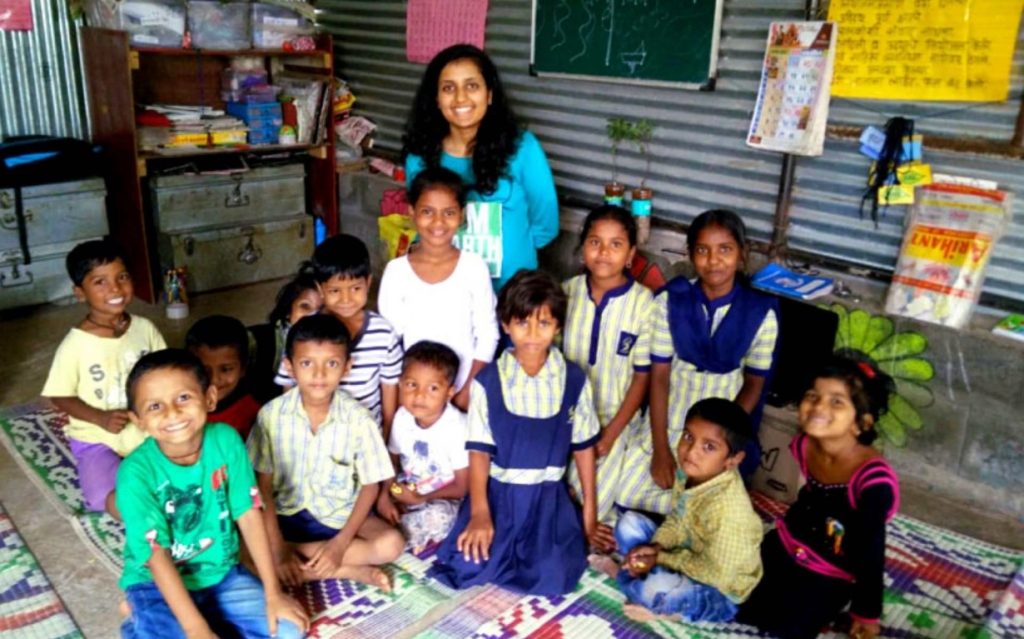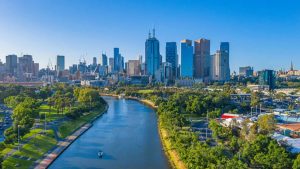
Pollution Is A Dirty World: EarthTalk At Pune
Over 1 million seabirds and 100,000 sea mammals are killed by pollution every year.
Nature is present for everyone’s need and we must not exploit it to satisfy our greed. Environmental Pollution remains a major reason for health risk and various diseases, though the risk is comparatively higher in the developing countries, where poverty, lack of investment in modern technology and weak environmental legislation combine to cause high pollution levels.
It is assumed that the number of kids involved is directly proportional to the lives they change around them!
Learning is what prepares young people for meaningful citizenship, employment and active participation in a global society. It is developmental and experiential. Shriyam Jalan from Pune Earth5R team planned one such talk on 15 September 2015, at Kondhwa, to reach out to the kids of workers working at construction sites in association with DSS organization.
The program commenced with an audio visual presentation, proceeded with a plantation activity and ended with a discussion regarding conservation and preservation.
The presentation helped the children learn about the rising problem due to urbanization and risks attached with them. It also explained about the various activities which the children could incorporate in their daily lives to judiciously use and preserve the resources of Earth.
A few examples of those measures include switching off the lights while leaving the room, collect waste by segregating it into dry and wet and other activities. A plantation activity was later conducted which helped them learn how to reuse waste water bottles for planting. And at the end of the session, the students spoke on various topics like save earth, trees and energy, in an attempt to foster community development.
To wrap up, it was great to see the excited children promise to implement these learnings in practice. The Earth5R team acted effectively to help them understand the magnitude of the problem and provide solutions to change it.
– Impact Report by Shriyam Jalan. Edited by Pragya Lodha and Vandita Morarka.




